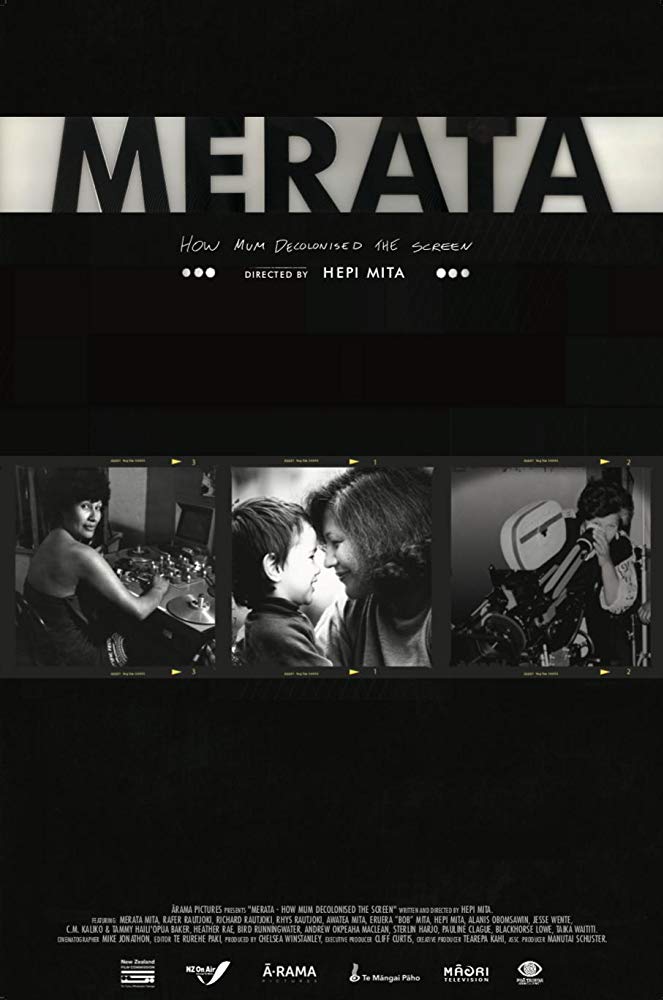Inhalte(1)
In the 1970s, Merata Mita broke through barriers of race, class, and gender to become the first Māori woman to write and direct a feature film. Tackling controversial issues of indigenous social justice in both documentaries and fiction, the pioneering activist-filmmaker faced harassment and violence. Persevering, she emerged as one of New Zealand’s best-known filmmakers and a powerful voice for indigenous peoples around the world. Merata was also a longtime advisor to Sundance Institute, and the indigenous artist fellowship bears her name. In Merata: How Mum Decolonised the Screen, Merata’s youngest son, Hepi, crafts a deeply intimate portrait of his late mother. Drawing on footage from Merata’s own work, as well as from interviews with her from before she picked up a camera, Hepi captures Merata as a filmmaker, mother, wife, and mentor. Reflections from his siblings and those she influenced, such as Taika Waititi, underscore the overriding importance Merata placed on family and reveal the personal sacrifices she made to actively create a better future for her children and her people. (Sundance Film Festival)
(mehr)Galerie (1)
Neuseeland

